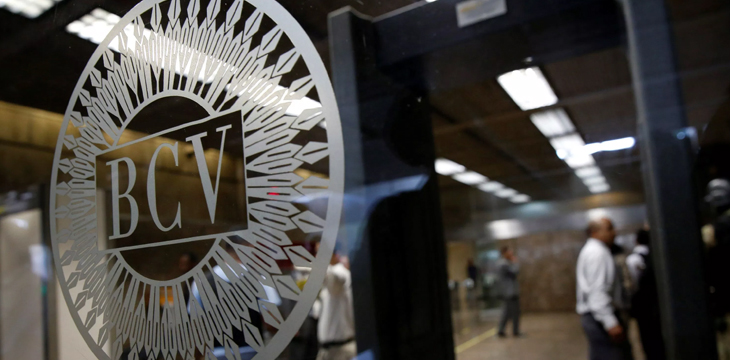|
Getting your Trinity Audio player ready...
|
Not content with just developing its own cryptocurrency, Venezuela is now taking it a notch higher with a proposal to create a central bank for cryptocurrency as part of its efforts to link the Petro token to its new bolivar currency, according to a Reuters report.
The National Constituent Assembly of Venezuela is tasked with drafting the changes. According to Herman Escarra, a member of the assembly, told the news outlet that the crypto central bank will have functions in “exchange, monetary and financial” policies. The proposed reform to Venezuela’s 1999 Constitution will also see the creation of “a superior court to the Supreme Court of Justice.”
The report comes ahead of the release of the new Venezuelan currency Sovereign Bolivar (Bolivar Soberano) on August 20. Venezuelan President Nicolas Maduro announced the new currency last July 25, explaining the Sovereign Bolivar will be tied to the state-backed crypto coin, the Petro. Escarra told Reuters that the draft proposal will be presented before the board of the Constituent Assembly in 35 days.
In May 2017, Maduro called for the formation of a Constituent Assembly, which will be tasked with drafting reforms to the 1999 Constitution, which was put in place by his predecessor, Hugo Chavez. The Assembly, however, was considered “controversial from the start,” according to a BBC report, “with opposition activists denouncing it as unconstitutional while its supporters argued it would bring peace to the polarized South American nation.” It is yet to be seen if the proposals will gain traction and the goodwill of the people.
“The reform is expected to include the petro, a cryptocurrency announced by the government of President Nicolás Maduro in February as a way to increase its foreign exchange earnings, in the midst of the economic crisis and the sanctions imposed by the United States,” Escarra told Reuters.
Even without the problematic assembly, the Petro itself has had its own ups and downs. While it is intended to help the country circumvent U.S. government sanctions and beat the economic crisis, its management has left many pessimistic about it.
To begin with, claims made by the government about funds collected from the Petro sale have not been backed up with proof. There’s also the firing of Carlos Vargas, the country’s Superintendent of Cryptocurrencies, over charged that he did not deliver the expected $5 billion in Petro sales. He was replaced by Joselit Ramirez. The petro, backed up by the country’s oil reserves, was also rejected by India in a proposed oil deal.

 02-19-2026
02-19-2026 




